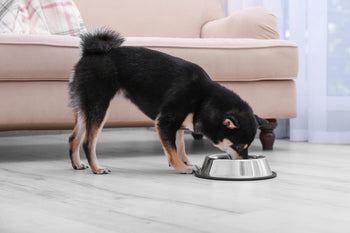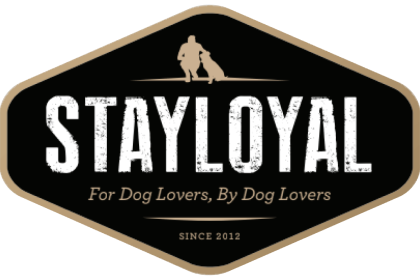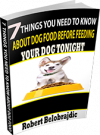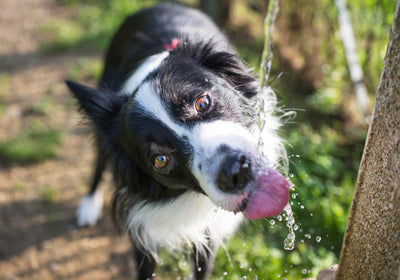The Importance of Vitamin D in Your Dog’s Diet

We all know vitamins are important for us to be healthy. Well it’s the same for our dogs. And while you may think your dog food must have all the right nutrients in the right amounts because their marketing tells you so, that’s not always true. In fact, research is telling us that
75% of dogs don’t have enough vitamin D
Even more concerning, is what this could mean for your dog’s health. According to Veterinary Diagnostics Institute (VDI), vitamin D deficiency in dogs puts them more at risk for:
· Cancer
· Heart Disease
· Renal Disease
· Hyperparathyroidism
· Infections
· Inflammatory bowel disease
· Congestive Heart Failure (CHF)
VDI has completed more than a dozen studies in partnership with various universities, all pointing to low vitamin D stores as being a risk factor in these issues in dogs. (And cats, in case you have those too!)
Recently, it’s been discovered that Vitamin D is essential for gene regulation and maintaining cell health. It is also important for the heart: it supports heart muscle electrical activity. Another study, in 2014 from Cornell University found that older dogs with CHF had lower blood levels of Vitamin D than dogs without heart disease.
SUNSHINE… MYTH BUSTED!
Sunshine is an important part of vitamin D absorption for humans. It’s one of the reasons people are told to get outside and why many take supplements during the winter months. Up until recently, we have always told people this was the same for dogs. VDI BUSTED THIS MYTH! Dogs (and cats) do not get their Vitamin D through sunshine. Only through diet. So what you feed your pet becomes vitally important for Vitamin D levels.
Not only this, but there are things that block the absorption of Vitamin D, including low magnesium levels in food, certain medical drugs, mineral oil, Fluoride (in tap water), polyunsaturated fats, and toxins including RoundUp, flame retardants, DDT and other pesticides.
Too Much Of A Good Thing
Please! Do not start giving your dog huge amounts of Vitamin D! Like many vitamins, too much Vitamin D can also cause issues. Vitamin D toxicity can be life-threatening and requires immediate veterinary treatment.
SO HOW MUCH SHOULD YOUR DOG GET???
Unfortunately, it’s not as easy as “take one of these pills a day” kind of thing. VDI has come up with a new formula for Vitamin D, one that they say should cause commercial food manufacturers to change their ingredients – as most do not have enough vitamin D.
VDI’s recommended reference ranges are:
Deficiency – anything less than 30ng/mL
Insufficiency – between 30-100 ng/mL
Sufficiency – between 100-120 ng/mL
The kicker is these numbers are the amount of Vitamin D in your dog’s blood. Not the amount in the food. Since each dog is going to absorb Vitamin D differently, the amount a food needs in order for your dog to be sufficient is going to vary. For example, in their study they found that spayed females absorbed Vitamin D 9% less than intact females. Neutered males absorbed a whopping 27% less than intact males. Age and health also play a role, as does exposure to the items listed above that affects D absorption.
Your vet can check your dog’s Vitamin D levels to make sure they are at the appropriate levels. If your dog needs more, VDI found that Salmon Oil was the only supplement that seemed to positively impact D levels – fortified dog biscuits was far less, and so were other fish oils.
An interesting note: VDI found Dogs being fed purely homemade diets had the lowest levels of Vitamin D.
So you can take your dog to the vet and have a simple blood test done. If they are too low, changing foods to a more complete diet is probably the easiest solution.
In case you are wondering all of Stay Loyal’s grain-free formulas have double the vitamin D of the minimum levels recommended by AAFCO.
The more we learn, the better we can care for our pets and hopefully keep them with us longer








